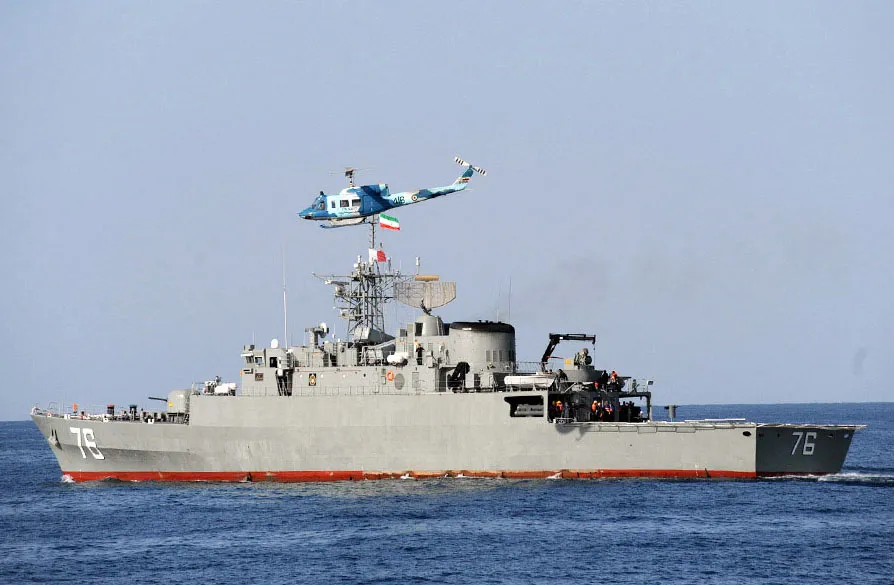Following four days of violent protest in several cities across Kazakhstan over the lifting of subsidies on Liquified Petroleum Gas, and the immediate doubling of gas prices, today President Kassym-Jomart Tokayev announced the dismissal of the prime minister and his entire cabinet and the imposition of a strict nationwide emergency to last for two weeks. The violent protests involved the storming and destruction of government buildings in the affected cities, including in the capital city of Nur-Sultan and the commercial center of Almaty, where the city administrative headquarters were stormed and the offices of the ruling Nur Otan party set on fire, according to Reuters. Demonstrators also pulled down the statue of Nursultan Nazarbayev, the founder of modern Kazakhstan and its former President who stepped down in 2019.
The Collective Treaty Security Organization (CSTO), at the request of President Tokayev, has agreed to send peacekeepers to help restore order. The CSTO consists of Armenia, Kazakhstan, Kyrgyzstan, Russia, Tajikistan and Uzbekistan, Azerbaijan, Belarus and Georgia.
Kremlin spokesman Dmitry Peskov today indicated they are closely monitoring the Kazakh situation, and are urging that the government there be allowed to settle its internal problems without outside interference.
In an address to the nation today, President Tokayev announced that he had also taken control of the country’s Security Council, formerly occupied by Nazarbayev, and vowed that he would remain in the capital, Nur-Sultan, regardless of what happens. According to TASS, he also said he would soon come up with proposals for the “political transformation of Kazakhstan.” He has already taken steps to impose price controls on gas, fuel and food for a period of 180 days and is considering a 180-day moratorium on raising utility rates, among other measures. But, he warned, he would act very harshly against violent protesters and others who had wrought such destruction in the country, burning cars and buildings, destroying property and wounding civilians and law enforcement officers.
The relevant question here is what role foreign elements may have played as part of a broader “color revolution” destabilization of Kazakhstan, which the Anglo-American imperialists complain is part of Vladimir Putin’s “sphere of influence.” There is a bevy of Western NGOs and media groups in the country that are usually up to no good. The Commandant of Almaty reported that “extremists are on a looting spree” in the city and “bandits who are on a rampage are highly organized, which is evidence that they were seriously trained abroad and their attack on Kazakhstan is an act of aggression and an attempt to disrupt the state’s integrity,” TASS reported. President Tokayev described the protesters as “highly organized” and part of a “meticulously thought-out plan of conspirators who were motivated financially,” the New York Times quoted him as saying.



